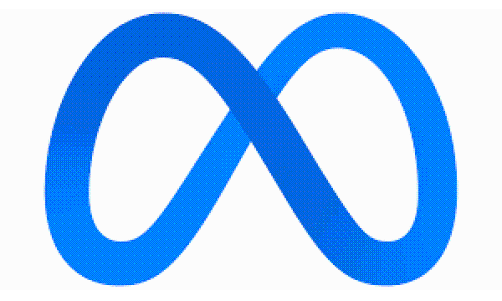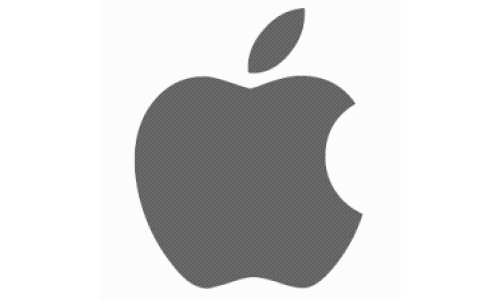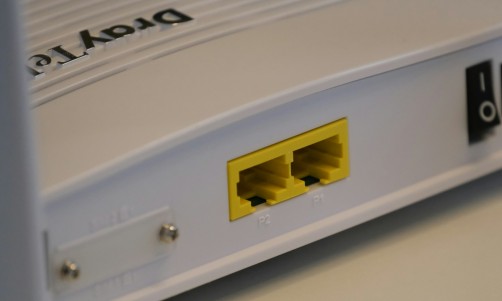The Diagnostic and Statistical Manual of Mental Disorders, DSM, had gained lot of criticism for its fifth version. Known as DSM-5, this rulebook of mental health was severely criticized for its turning of practically normal behavior into mental disorders.
This 947 page guide has been updated since its last volume in 1994, taking into account the recent scientific developments and updates regarding the different innovative approaches used in psychology and medicine to treat mental disorders.
These changes were presented at the meeting of the American Psychiatric Association, and include new categories of mental health disorders which include disruptive mood dysregulation disorder, also known as childhood bipolar disorder, hoarding disorder and binge-eating disorder.
Also, four previously separate conditions including Asperger's syndrome have now become a single condition known as autism spectrum disorder.
Autism spectrum disorder, ASD, encompasses Asperger's syndrome, autism, childhood disintegrative disorder and pervasive developmental disorder.
This new update is expected to have no effect on the diagnosis of people in the UK and other countries where guidelines from the World Health Organization are being used.
This new update, however, has been criticized for a number of reasons.
"DSM-5 will lower many diagnostic thresholds and increase the number of people in the general population seen as having a mental illness," Professor Peter Kinderman, head of the Institute of Psychology at the University of Liverpool, said.
He objected that a normal sadness or grief would be classified under mental health disorders and temper tantrums among children would be considered a symptom of disruptive mood dysregulation syndrome.
"A wide range of unfortunate human behaviors, the subject of many new year's resolutions, will become mental illnesses –– excessive eating will become 'binge eating disorder', and the category of 'behavioral addictions' will widen significantly to include such 'disorders' as 'internet addiction' and 'sex addiction'," he added.
Yet another reason for the criticism of this manual is due to the way it classifies the diseases based on the symptom.
The DSM has a lack of validity, according to the US government's National Institute of Mental Health.
"Unlike our definitions of ischemic heart disease, lymphoma, or AIDS, the DSM diagnoses are based on a consensus about clusters of clinical symptoms, not any objective laboratory measure. In the rest of medicine, this would be equivalent to creating diagnostic systems based on the nature of chest pain or the quality of fever," Thomas Insel, posted on his blog.
Chairperson of the DSM-5 task force, David Kupfer claims that these changes help clinician's better serve patients and deepen their understanding of these disorders based on the new research.













